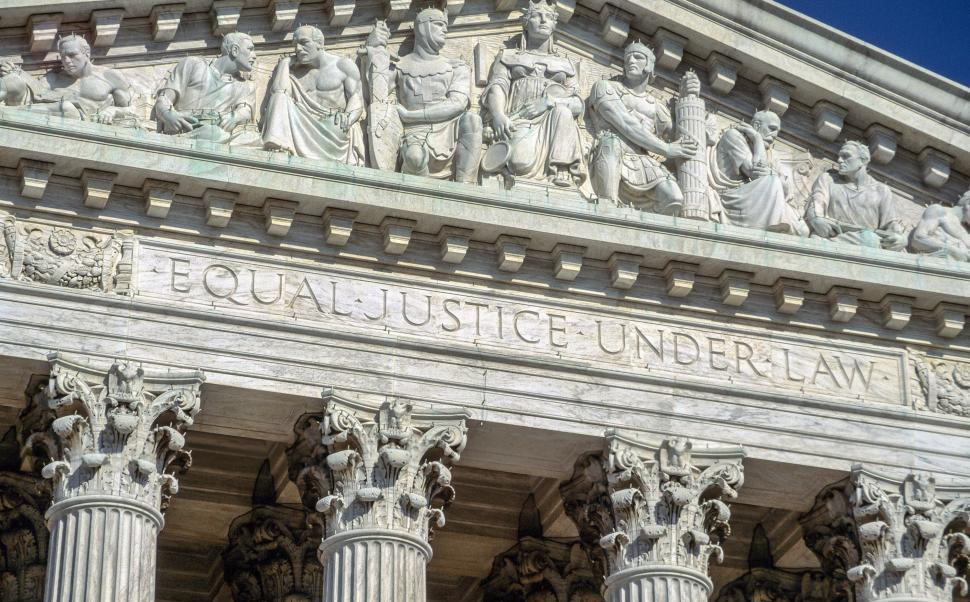The battle between the City of Portsmouth and one of its residents has hit full throttle, with both sides revealing their legal strategies to decide the contentious issue of whether or not James Hewitt, a member of the Planning Board, should be removed.
So far, it’s been a lop-sided conversation – the local press has provided endless ink for the City to lay out its case with the usual slant. The average reader is being told, “The City is right, Mr. Hewitt should be removed, go about your business, case closed.”
But in the last few days, Mr. Hewitt’s attorney, Jeremy Eggleton from Orr and Reno, had a chance to present his well-crafted legal arguments:
“The allegations charged against Mr. Hewitt are without merit, and the City knows it – or should know it based on the controlling case law.”
The effort to remove him from the Planning Board is “groundless and appears to be motivated by political bias rather than good cause.”
Is Anyone surprised by Attorney Eggleton’s conclusion? I’m not!
Attorney Eggleton’s document is important reading and demonstrates just how precarious the City’s case is. Here are some of the responses to the City’s allegations taken directly (paraphrased in some cases) from Hewitt’s Memorandum Of Law included in the February 12 City Council packet.
- Mr. Hewitt failed to act in the required quasi-judicial capacity — “like a judge or juror” during his tenure on the city Planning Board.
The City’s focus on the “juror standard” as a basis for removal under RSA 673.13, I is grossly misplaced. The “juror standard” appears in only one place in the Planning Board Rules of Procedure under the definition of a conflict that would require a Planning Board member to disqualify himself or be disqualified by a vote of the Board if he had a direct interest in the application.
The City couldn’t provide one example of when Mr. Hewitt was disqualified. If no fellow board member, no application, and no court ever charged Mr. Hewitt with bias, it is hubris, to say the least, for the City to blithely do so in this forum.
The City is trying to pass apples off as oranges in order to confuse the City Council. The fact is that the juror standard applies only to whether Mr. Hewitt might have been disqualified from a given application. It has nothing whatsoever to do with removal, and the City’s reliance on it as a basis for removal is utterly without foundation.
2. Mr. Hewitt violated the juror standard numerous times by using conduct “outside the record” and ex parte communication.
Even if the “juror standard” were the appropriate standard to use, Mr. Hewitt did not violate it.
A 2023 case before the Supreme Court affirmed a trial court decision finding that a Land Use Board member had not violated the “juror standard” by engaging in ex parte (only one side of the issue) communications about the pending application with interested parties.
In addition, the trial court found that the Board member had not sought information improperly “outside the record” by seeking answers to concerns the Board Member had about the proposed project… the very things that the City is arguing justify Mr. Hewitt’s removal in this case.
The bottom line is that nothing bars a Land Use Board member from ensuring – as Mr. Hewitt attempted to do here – that relevant information in City records and from the public history of the subject properties, was part of the Planning Board’s consideration.
Furthermore, there is nothing to prevent Mr. Hewitt’s use of “his own knowledge, experience and observation as well as his common sense.”
3. Mr. Hewitt sent a lot of emails…
In its exhibits, the City includes these problematic emails. One was a message from Mr. Hewitt to other private citizens about a proposed project. This was sent BEFORE HE WAS ON THE PLANNING BOARD. In December 2021, he said the project “sought to build another monster in the North Mill Pond 100-foot wetlands buffer.”
This, according to the City was a demonstration of bias against any future projects in the wetlands buffer.
…and some of them were after hours!
The City wagged its finger at Mr. Hewitt for sending emails to Board members “outside the record” because he was communicating after hours and not during a formally noticed meeting…there is no statutory prohibition on a Board member doing so.
These communications violated no open-meeting or public-document provisions; the public is free to see them, they are evidence of nothing more than a Board member doing his job. To characterize them as “malfeasance” is pure libel.
4. During his time on the Planning Board, Mr. Hewitt has acted as an independent investigator, researcher, and advocate, thereby exhibiting his bias in certain matters. Mr. Hewitt also did so in communications to a quorum of the other Planning Board members outside of the public hearing and record. These acts, taken as a whole, constitute Malfeasance in office.
The City is torturing “malfeasance” beyond all recognition in asserting that a Board member’s zealous efforts to do his job in what he believed, in good faith, to be the public interest constitute “malfeasance.”
In truth, we know what “malfeasance” is. It is not sending emails that the City attorney would prefer not to see sent.
In Conclusion
The City Council has a last opportunity to terminate this embarrassing abuse of power by a government against one citizen volunteer. It should seize the opportunity and deny the City’s request to remove Mr. Hewitt.
It is time to put an end to this charade and dismiss this matter.
Now we wait for February 12
I think Attorney Eggleton has summed up the situation perfectly. Will this City Council take the last opportunity, as suggested?
I hope so. But then Lawfare has come to Portsmouth
didi@portsmouthpulse.com
Source Featured Image: freerangestock.com











